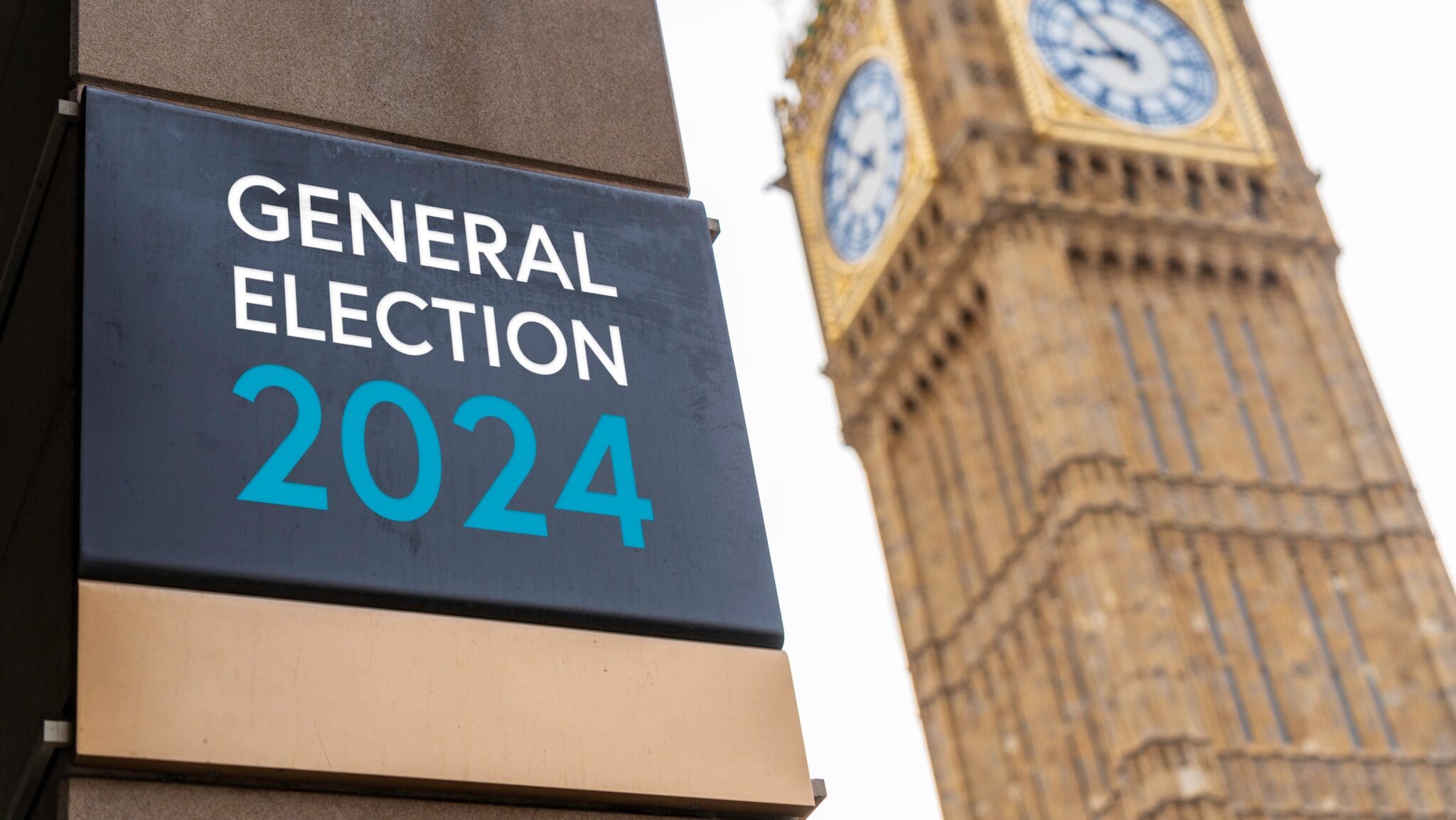UK General Election 2024: A pivotal moment in British politics
The General Election on 4 July 2024, comes at a time of significant political, economic, and social change, with major parties vying to shape the future direction of the country.
Here we provide a summary of each party and key details you need to know.
The key political parties
Conservative Party
Rishi Sunak leads the Conservative Party into the election with a focus on economic stability and post-Brexit opportunities. The Tories are campaigning on a platform of fiscal responsibility, promising to reduce public debt while maintaining key public services. Sunak’s government has also emphasised its commitment to bolstering national security and addressing illegal immigration through stricter border controls.
Labour Party
Sir Keir Starmer is presenting the Labor Party as a party of change. Labour’s platform includes ambitious plans for revitalising the NHS, increasing funding for education, and addressing the cost-of-living crisis. Starmer’s message centres on creating a fairer economy, with proposals for higher taxes on the wealthy and increased support for lower-income families. Labour is also advocating for a green revolution, pledging significant investments in renewable energy and green jobs to tackle climate change.
Liberal Democrats and other parties
The Liberal Democrats, led by Sir Ed Davey, are focusing on electoral reform, aiming to implement proportional representation. The Scottish National Party (SNP), continues to push for Scottish independence, promising a second referendum if they gain significant support. Meanwhile, the Green Party and other smaller parties are highlighting environmental issues and social justice.
What are the major issues and what do the parties say?
Economic challenges
The UK economy is a central issue in this election. With recent inflation rates high (albeit now reducing) and growth sluggish, all parties are presenting different solutions to stabilise and stimulate economic activity. The cost-of-living crisis remains a critical concern, with still high interest rates and housing costs squeezing household budgets.
Healthcare
The NHS is under unprecedented strain, exacerbated by the COVID-19 pandemic and ongoing staff shortages. Labour’s pledge to increase NHS funding and improve working conditions for healthcare staff contrasts with the Conservative focus on efficiency and targeted investment.
Brexit and immigration
Brexit continues to influence British politics, with its economic and social impacts still unfolding. The Conservatives aim to solidify the UK’s position outside the EU, while the Liberal Democrats propose rejoining the EU. Immigration remains a contentious issue, with parties divided on how to manage it effectively.
Climate change
Climate policies are gaining traction, especially among younger voters. Labour and the Green Party are advocating for aggressive action on climate change, including substantial investments in renewable energy. The Conservatives support gradual progress towards net-zero emissions, balancing environmental goals with economic considerations.
Potential outcomes
Whilst the election’s outcome is uncertain, recent polls indicate a Labour majority although the size is naturally unknown. A hung parliament is a possibility, which could lead to coalition negotiations and increased political instability. The role of smaller parties may prove pivotal in such a scenario, potentially influencing policy directions and forming alliances.
Conclusion
The 2024 UK General Election is set to be a defining moment, reflecting the public’s response to years of political and economic turbulence. With critical issues at stake, from economic recovery to climate action, the election results will shape the UK’s trajectory for years to come.

Let’s get started
Contact page
Contact Us





